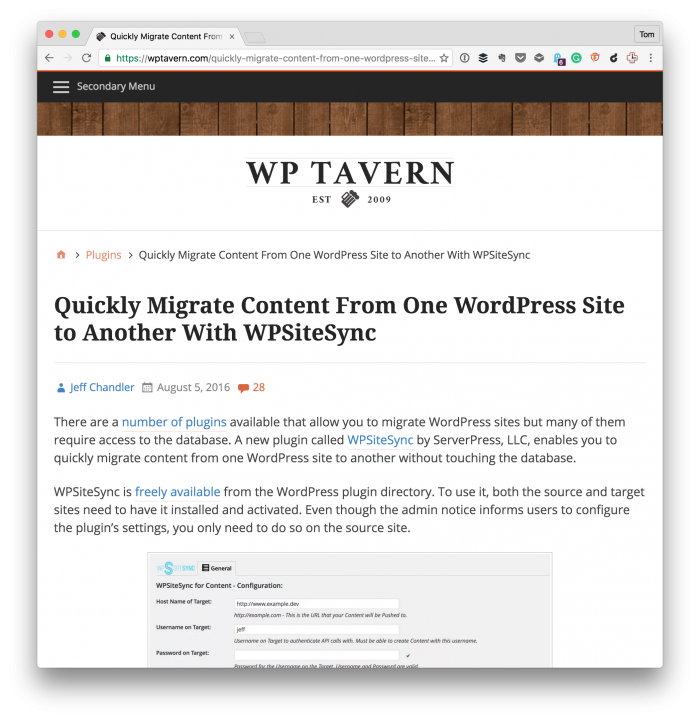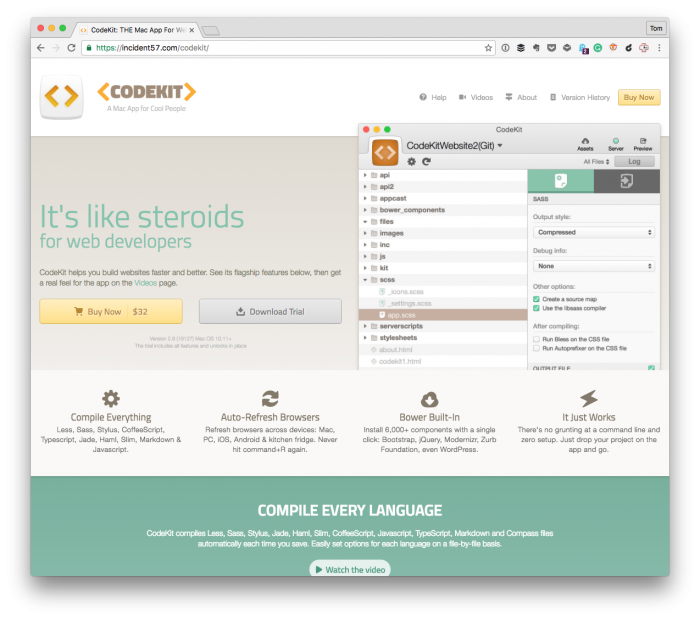Supporting free WordPress plugins has been interesting to me for some time now because there are some inherent challenges with managing a freemium-based product.
Last week, WP Tavern covered a new project by ServerPress called WPSiteSync. It’s a neat plugin in and of itself, but what caught my attention was how ServerPress is structuring support for the free variation of the plugin.

In short, the article mentions:
Support for the free version is only provided on Fridays from 10am-12PM Pacific standard time. A cursory glance at the support forum shows the ServerPress team responding to a number of threads.
And though there seems to be some pushback in the comments about this, I’m intrigued by this particular approach to support.



